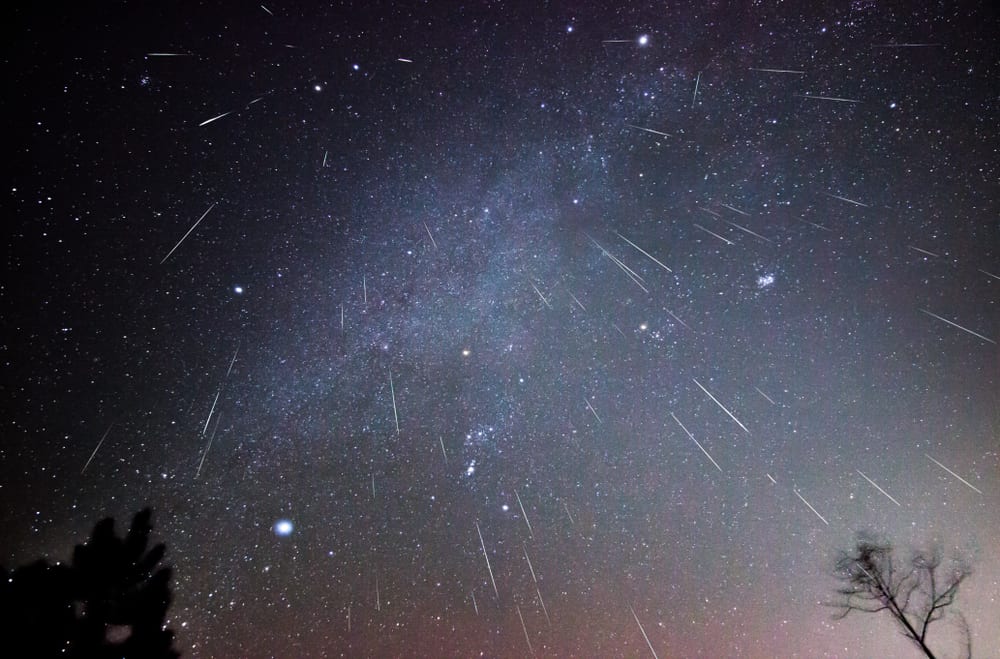
Features
Look up high as the Orionid meteor shower illuminates the night sky
5 years ago

Peak viewing of the Orionid meteor shower is set to take place on the night of October 20.
Skygazers are set for some celestial fireworks as Earth passes through the debris left by Halley’s Comet.
The Orionid meteor is active throughout October but is expected to peak on Tuesday night, producing 20 or so meteors every hour, and remaining visible until the early hours of Wednesday. Liverpool is expecting cloud cover throughout tonight (20 October) but you might just get a glimpse!
The phenomenon gets its name from the Orion constellation – which is one of the brightest groups of stars in the sky.

Patricia Skelton, an astronomer at the Royal Observatory in Greenwich, said:
“Meteor showers are produced when the Earth passes through debris left behind by comets.
“The comet responsible for producing the Orionids meteor shower is Halley’s Comet, last seen in our skies in 1986 and expected to return in 2061.”
Meteoroids from Halley’s Comet strike the Earth’s atmosphere at a speed of 148,000mph, burning up in streaking flashes of light.
As both the Earth and Halley’s Comet have elliptical orbits around the Sun, the two intersect twice every year, causing not only the Orionids, but also the Eta Aquariid meteor shower in May.
The Orionids will be visible in both northern and southern hemispheres until November 7.
Ms Skelton said: “The good news for observers is that the moon will be in a favourable phase for this year’s shower, setting long before the constellation of Orion rises in the night sky.
“For your best chance to spot some meteors, wait until after midnight when Orion will be higher up in the sky.”
Ms Skelton said there is no need for any specialist equipment as the meteors can be seen with the naked eye.

She added: “Allow your eyes to adapt to the dark, a process which takes around 20 minutes, and face the direction of the constellation of Orion, towards the south and south-east.
“Hunting for meteors can sometimes be a waiting game, so make sure you have a comfortable chair to sit on or a blanket to lie on.
“Be sure to wrap up warm though as you may be outside for some time.”









 Subscribe
Subscribe Follow Us
Follow Us Follow Us
Follow Us Follow Us
Follow Us Follow Us
Follow Us Follow Us
Follow Us











